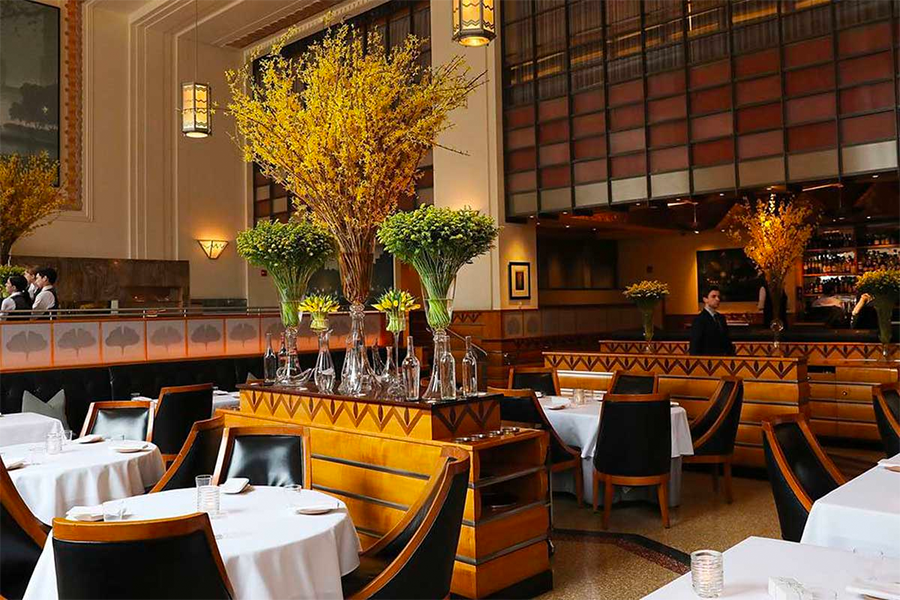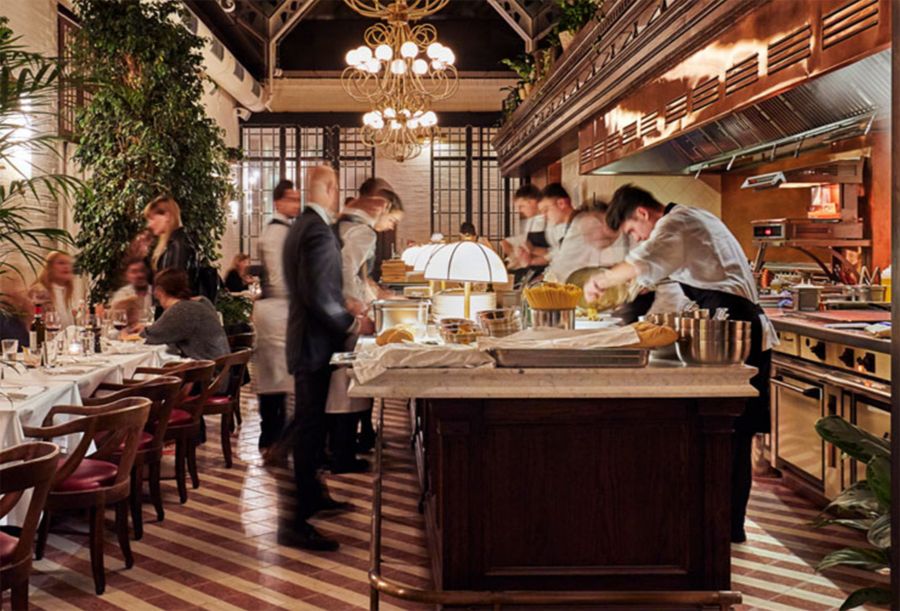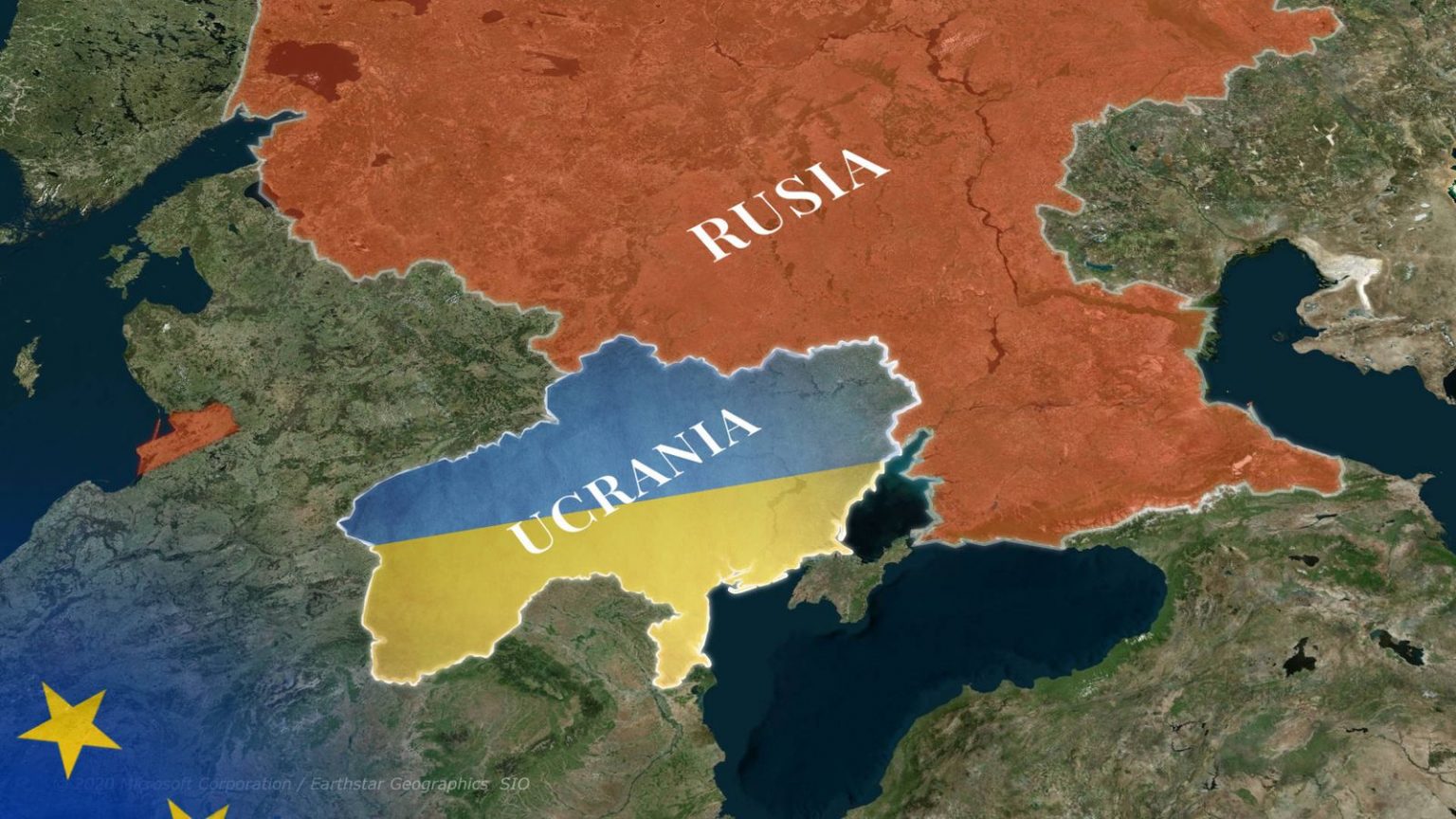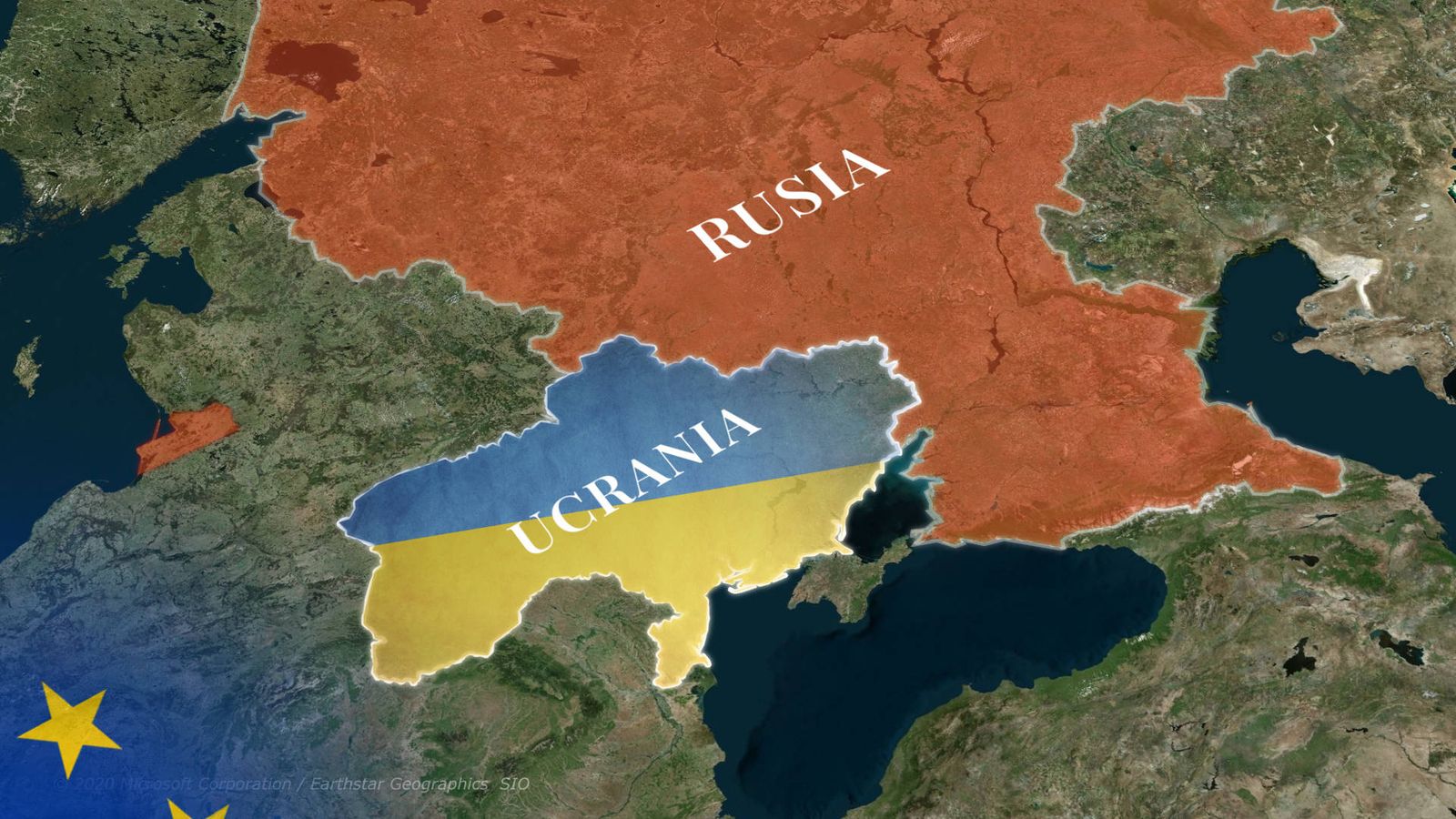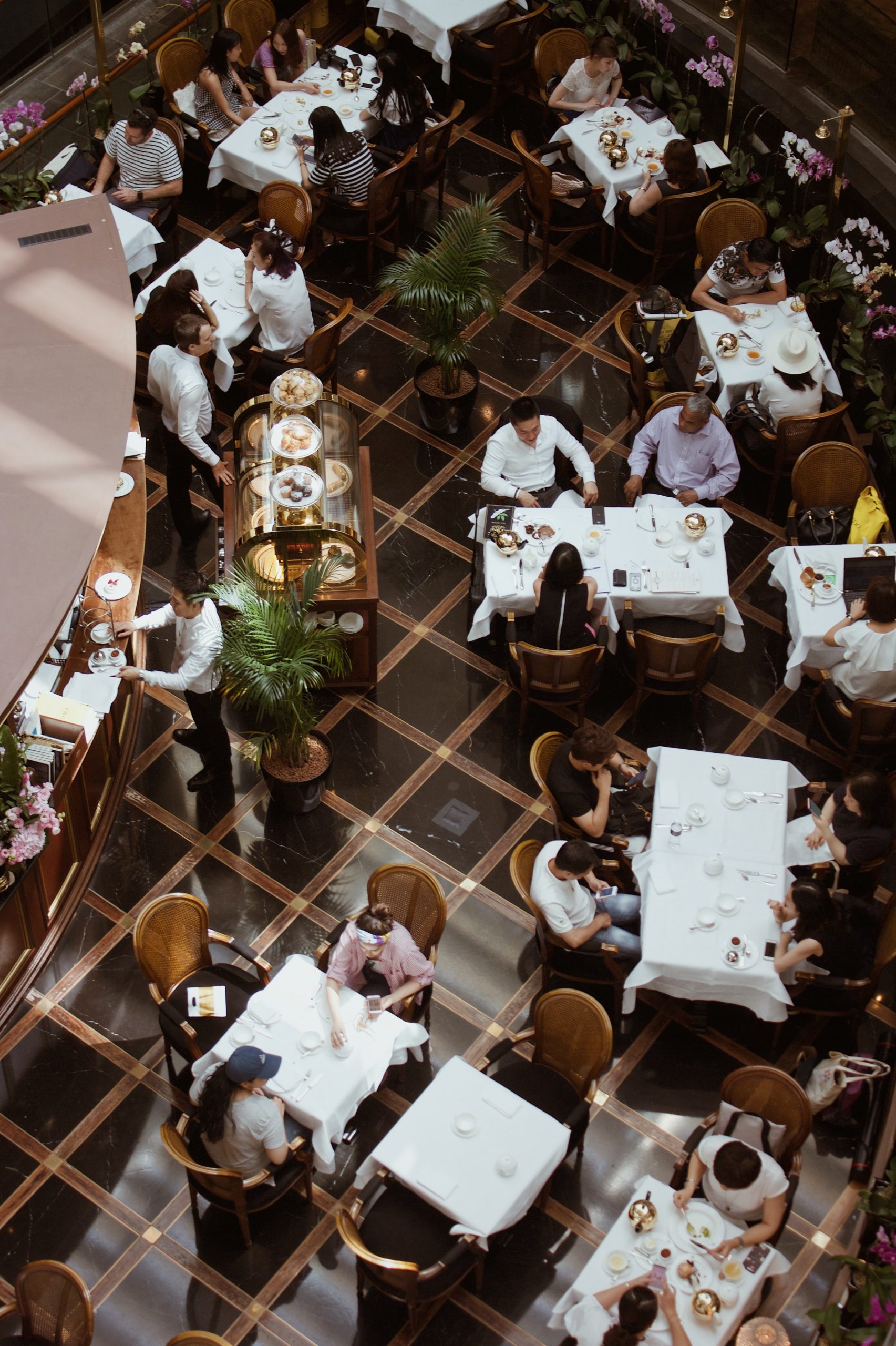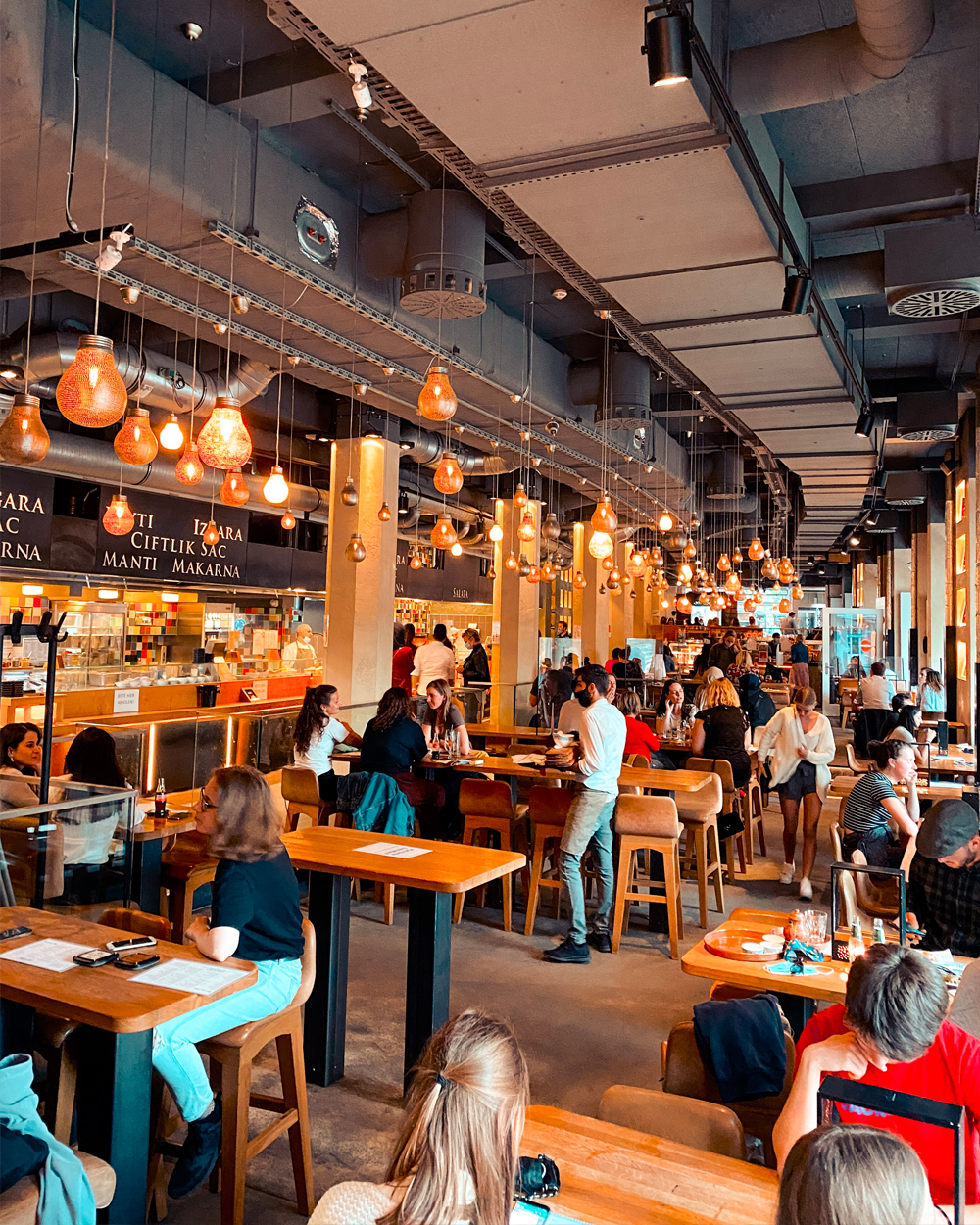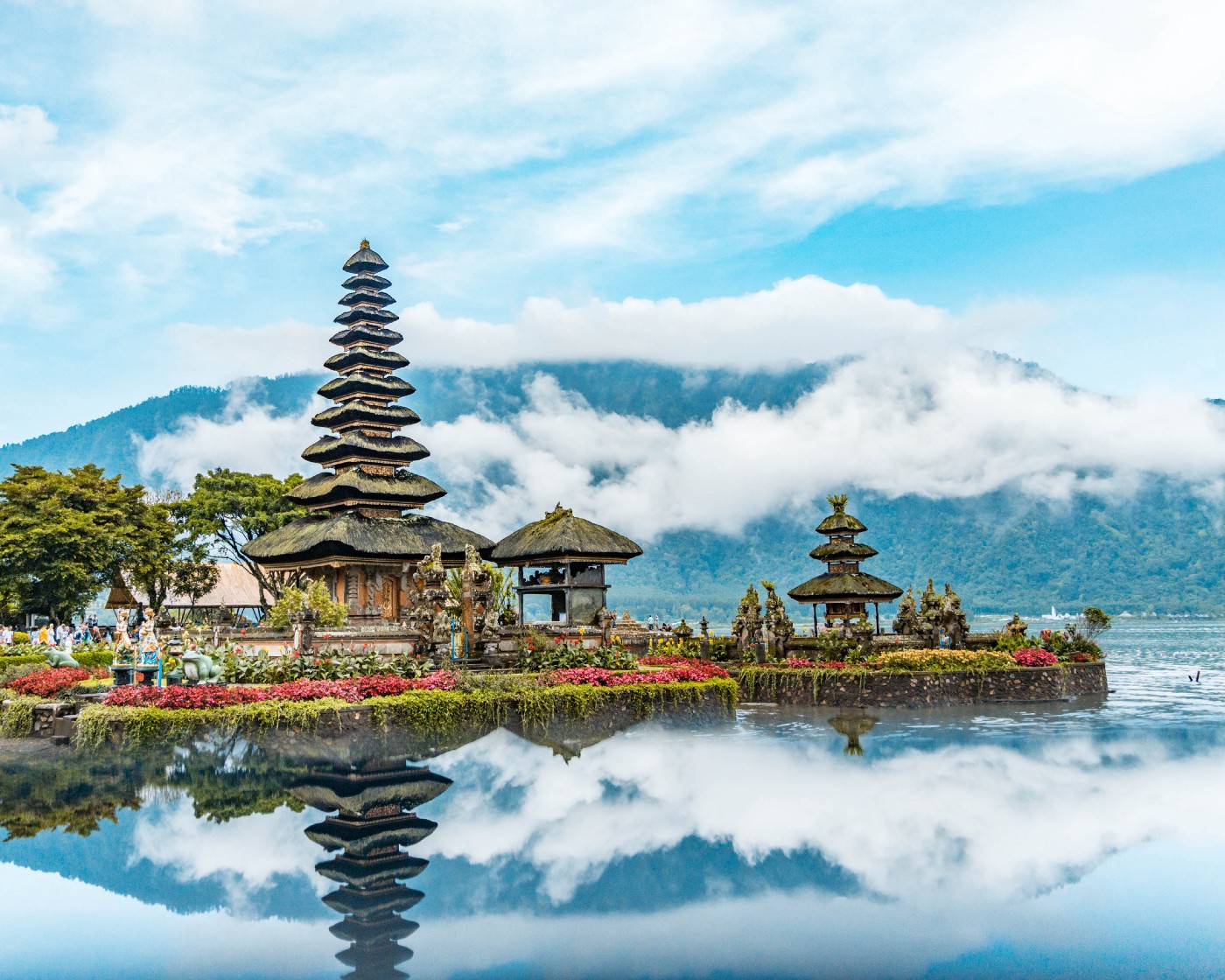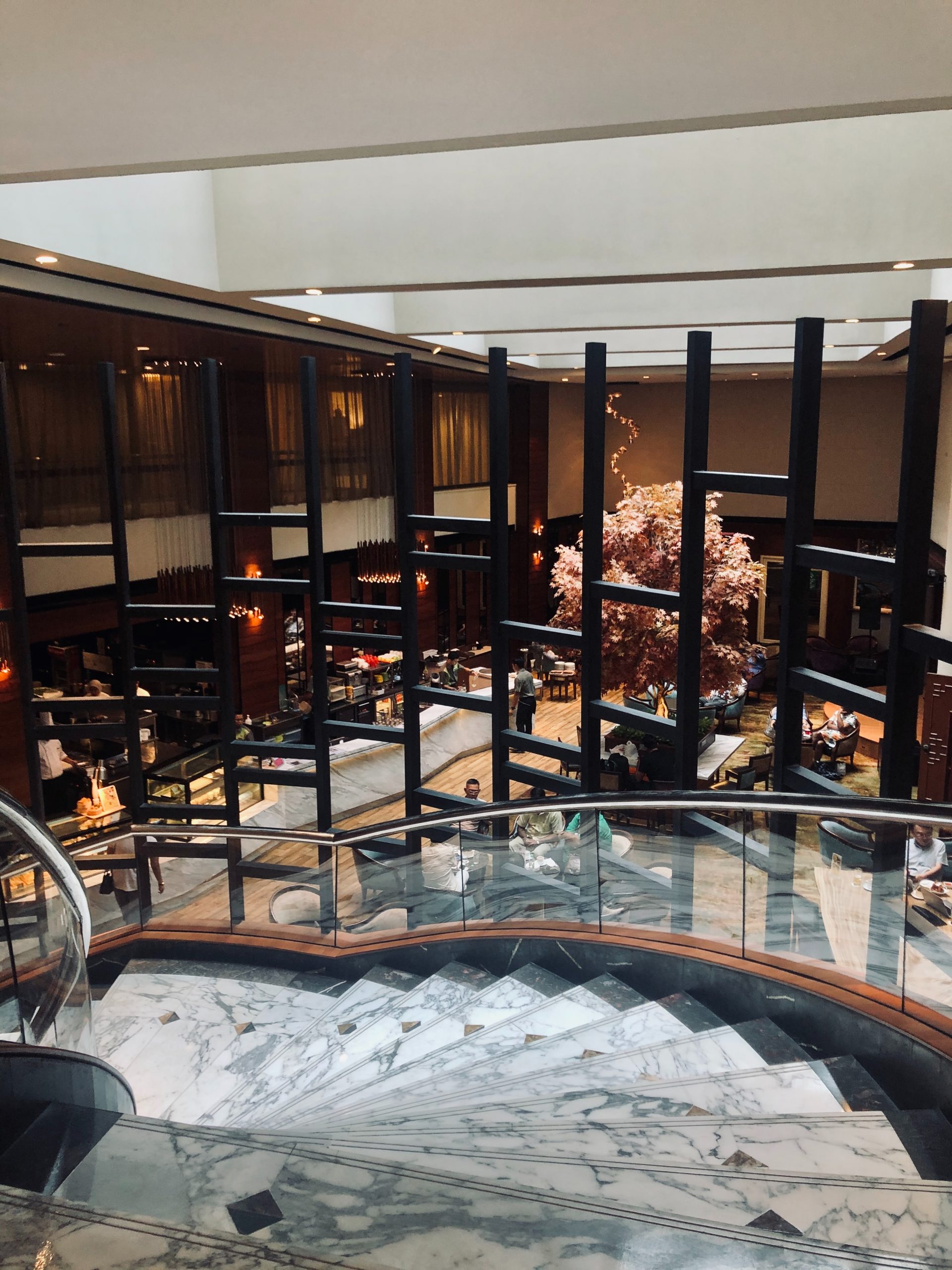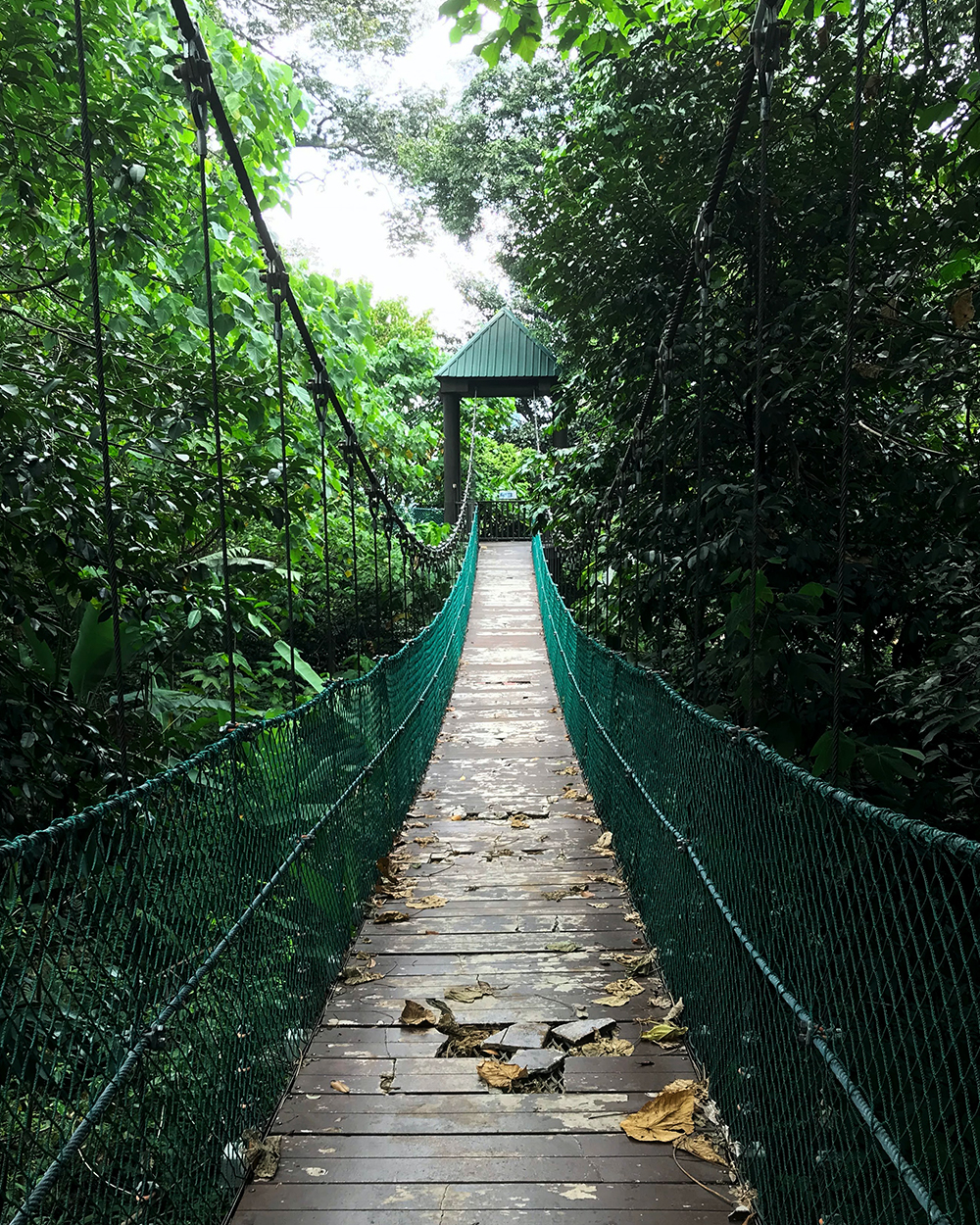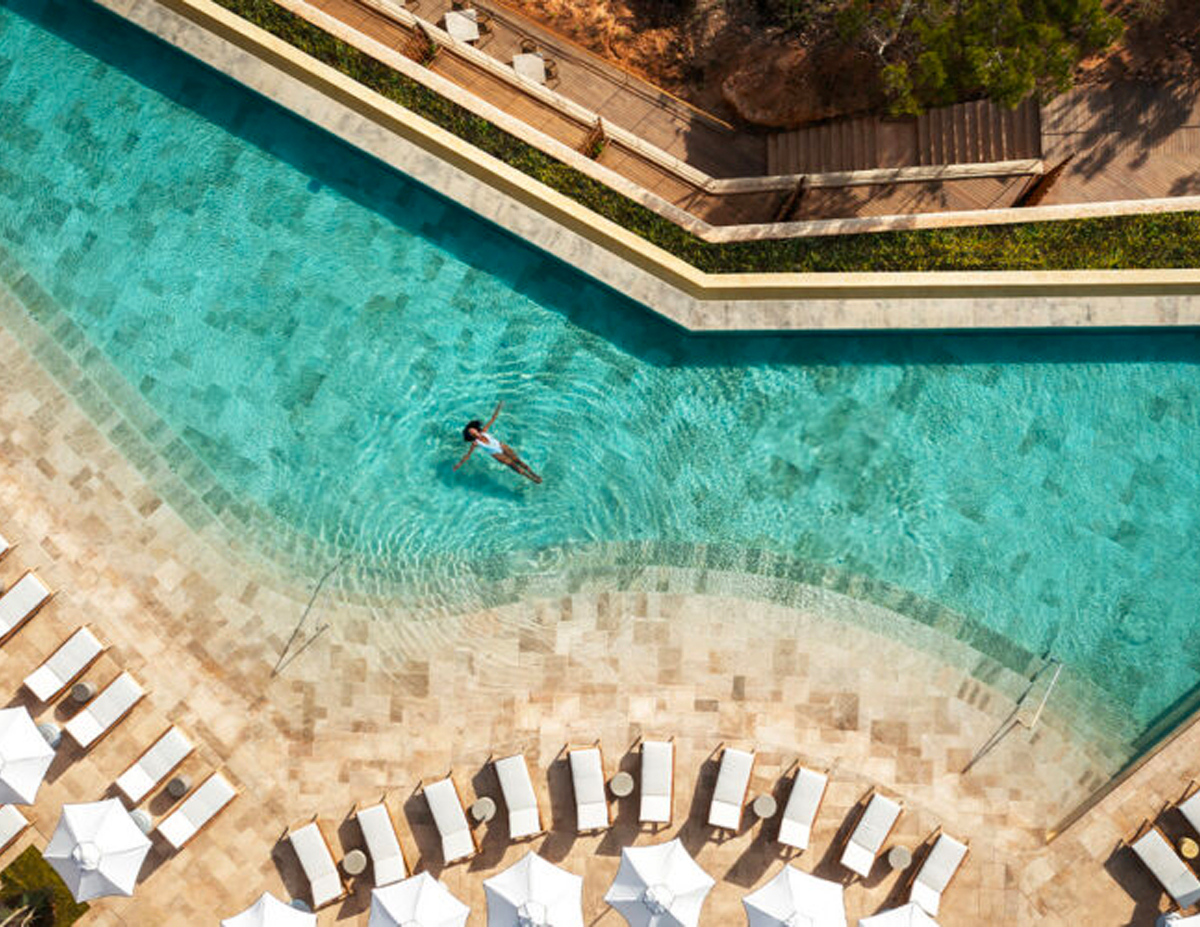Restaurants in New York with Michelin stars
Since 1936, restaurants with Michelin stars have been recognized, qualifying them in three pillars, these being quality, creativity and delicacy in the dishes served. Since the very beginning, Michelin has been creating the renowned "Michelin Guide", which consists of a gastronomic review in order to recommend places with the best culinary references. Today, I recommend the outstanding restaurants located in New York with Michelin stars that you should definitely visit on your next trip. Without a doubt, not every restaurant gets a Michelin star… and a lot less three. If you are a wine lover you cannot miss out on visiting Chef's Table located in Brooklyn Fare it has three Michelin stars, owned by the outstanding chef César Ramírez, in fact it is the only restaurant in the area that has obtained three stars. The approximate price to taste their menu is $430 us per person. Chef's Table is characterized by its distinctive wines, receiving awards for its extensive and careful cellar. This restaurant has the particularity that you cannot take photos or video according to chef Ramírez, it is with the intention "so that diners concentrate on one thing: eating." On this adventure I can't neglect to mention Blue Hill located in
5 hotels that stand out for their restaurants
Exploring new destinations to visit on my next trips and outstanding gastronomic proposals, I saved some acclaimed hotels in the world for the popularity of their restaurants. In the heart of Paris, the famous Hotel Le Bristol, which alone leads in luxury experiences, also has a high gastronomic prestige with its 3-star Epicure restaurant, run by chef Eric Frechon, recognized for the classic style of the French food with unexpected techniques for every meal of the day. The place for an exceptional and elegant evening with a view of the Acropolis of Athens, is GB Roof Garden, at the Grande Bretagne Hotel, basing its dishes on fresh ingredients and local products from Greece, standing out with modern techniques of Mediterranean haute cuisine, led by Chef Koustoudis, "Through our dishes we try to present the richness of our country to all visitors." In South America, a kitchen with seasonal assortments, a touch of modern Italian style to enjoy in the Emiliano restaurant, located in the Emiliano Hotel in Sao Paulo, Brazil. An extraordinary hotel in a stunning location is the perfect definition for the St. Regis Dubai, with several high-end restaurants including J&G Steakhouse, steakhouse classics inspired by Michelin-star chef Jean-Georges Vongerichten. The experience is
How does the current war affect the hospitality sector?
Recently, a conflict began between Russia and Ukraine, due to the military incursion of Russian troops into the country of Ukraine. This invasion has triggered a series of crises in different sectors worldwide, but how is the hospital sector affected as a result of this war? First, it must be mentioned that this industry had already been going through the ravages of the pandemic and after different sectors reopened their doors to give rise to what we know as "normality", tourism is again threatened by the war between Russia and Ukraine. In a report published in National Geographic, carried out by the journalist, José Alejandro Adamuz, he highlights that Spain is one of the countries the least affected by the war. However, it suffered a 26% decrease in destination searches. Likewise, in Eastern European countries, a stagnation has begun to be noticed in terms of travel consumption. Although it is true, the effects and consequences of this war will be in the medium term, although there are already results emerging. Among them is the closure of airspace and the rise in fuel prices, a situation that aggravates travelers and businessmen in the sector. Obviously, as a result of the sanctions imposed on Russia, there
How does the war affect the hospitality sector?
Recently, a conflict began between Russia and Ukraine, due to the military incursion of Russian troops into the country of Ukraine. This invasion has triggered a series of crises in different sectors worldwide, but how is the hospital sector affected as a result of this war? First, it must be mentioned that this industry had already been going through the ravages of the pandemic and after different sectors reopened their doors to give rise to what we know as "normality", tourism is again threatened by the war between Russia and Ukraine. In a report published in National Geographic, carried out by the journalist, José Alejandro Adamuz, he highlights that Spain is one of the countries least affected by the war. However, it suffered a 26% decrease in destination searches. Likewise, in Eastern European countries, a stagnation has begun to be noticed in terms of travel consumption. Although it is true, the effects and consequences of this war will be in the medium term, although there are already results emerging. Among them is the closure of airspace and the rise in fuel prices, a situation that aggravates travelers and businessmen in the sector. Obviously, as a result of the sanctions imposed on Russia, there will
Celebrities investing in restaurants
The term restoration refers to businesses dedicated to the preparation of food and beverages prepared for consumption. Including different types of businesses such as restaurants, eating houses, cafeterias, bars, inns, wine bars and wineries. Times have changed and with it the world of restoration which presents numerous changes with new lines of business. Actors, comedians, athletes, singers and businessmen have followed the example of Hollywood stars such as Bruce Willis and Nicole Kidman to invest in the catering sector by opening restaurants or bars, hand in hand with renowned chefs and expert restaurateurs. Among these we can mention: Bertín Osborne: The presenter of My house is yours, has an establishment in Zaragoza called La casa de Bertín run by chef Jesús Lobato, who has become famous for using the freshest and most seasonal products. Joaquín Sabina: It has Mexican food stores in Madrid, a chain called La Mordida where quesadillas, gringas, chicken flautas, enchiladas, carnitas or kahlúa cake are served. Shakira y Piqué: Blue Spot has opened in the attic of the Ocean building in Barcelona, with very Mediterranean dishes, such as prawn niguiri, cold crab soup with a touch of smoke, crab burger with sesame, chili and lime or cockles firewood. Enrique Iglesias, Pau Gasol y Rafael
NFT as a new business models
A little while ago I didn't know what they were about and now it's the only thing that is talked about. NFT's have gone from being a talking point exclusive to the world of art and collecting, but these digital assets have found a place in restoration. VCR Group , a company dedicated to creating concepts, culinary experiences and food products in physical and digital spaces, announced that next year it will open the FlyFish Club , the world's first NFT restaurant. The FlyFish Club is a seafood-inspired concept founded by serial entrepreneur Gary Vaynerchuk and restaurateurs David Rodolitz, Founding Partner and CEO of Empellon Restaurant Group, Culinary Director Josh Capon of Lure Fishbar and Executive Vice President of Operations Conor Hanlon. This group of visionaries impresses in many ways. The innovative restaurant will be 10,000 square feet in an iconic New York City location. If you are wondering how you can access, then the answer is in the blockchain. Yes, to obtain a membership you must buy with non-fungible tokens, and the best thing is that being an owner can generate new business opportunities in a short time. If you have any doubts, I can tell you that according to the
There’s more to Bali than beaches
Tourism accounts for roughly 60% of Bali’s GDP. If you have ever visited one of the province’s famed beaches, you might understand why. However, in the aftermath of COVID-19, tourist traffic is down in a big way–and only a fraction of a percent of what it was in 2020. Rather than panicking, the government is using this as an opportunity to strengthen other parts of its economy–helping the province recover from “overtourism” and protecting it from whatever unforeseen events may come next. Read the full article.
The future of hospitality is here
While the world continues to battle the omicron variant, I believe that the hospitality industry is on the brink of a major comeback. There are a few factors, in particular, that I think will help drive recovery. For example, the innovative ways that technology is being leveraged in space. Read more in my article for Entrepreneur.
Cultural tourism and ecotourism, the investment of the future?
Although it sounds repetitive to talk about the "new normality", the hospitality sector is still going through transformation processes that lead to focus even more on the needs of the client and the local economy. Sanitary restrictions have opened our minds to enjoy rural and natural environments to vacation and at the same time, support the economic development of remote towns and locations. According to the survey carried out in 2022 by the Barceló Hotel Group, among the experiences that Spaniards would most like to enjoy during their trip, 35% want to discover cultural heritage, visit museums and places of interest. 25% long to spend the day on the beach, enjoying the sun and good weather, while another 25% prefer to discover and enjoy the local cuisine. In general, your clients are now looking to explore more open spaces, away from crowds and culturally rich. What we call Ecotourism and Cultural Tourism. This awareness of nature promotes responsible actions through the application of various sustainability principles, such as the minimization of negative environmental impacts and the construction of positive experiences for both locals and visitors. Therefore, companies cannot be left behind, the effort must be focused on adapting to the guidelines that their
Luxury and sustainable hotels that will open their doors in summer
A few years ago there was no talk of luxury and sustainability in the tourism sector in the same conversation, in fact, there was hardly any talk of sustainability. Now, it is more and more common to find these terms as relevant criteria in the business models of hotel projects. Travelers have added finding “green hotels” to their list of priorities when choosing their destination. According to a Booking.com survey of 81% of the traveling community that expects the industry to offer more sustainable options and focuses on five key areas: waste, energy and support for local communities, above all by protecting nature. From biodegradable materials, chlorine-free swimming pools and renewable energy sources, and its beautiful ecological infrastructures! Many hotels are undergoing a process of transformation towards a more environmentally friendly behavior without forgetting exclusivity and luxury. Here is a tour of the trendsetters for this season. Soneva Kiri Koh Kood, Thailand It is one of the best examples of eco-luxury in the traveling reality that is committed to the planet. Soneva Kiri, is one of the favorite haunts of countless royal families, actors and rock stars, the entire complex, even with all its extremely picturesque beauty, is also self-sufficient when it comes to

